Enquiries
Enquires at Foundation Stage and Key Stage 1 allow children to seek out the answers to historical questions either working with the teacher or by themselves. Read more
Sort by:
Date (Newest first) | Title A-Z
Show:
All |
Articles |
Podcasts |
Multipage Articles
-

A creative Egyptian project
ArticleClick to view -

An Olympic Great? Dorando Pietri
ArticleClick to view -

Archaeology and the Early Years: The Noah's Ark Experience
ArticleClick to view -

Assessment and Progression without levels
ArticleClick to view -

Beyond compare: a study of Beatrix Potter and Benjamin Zephaniah
ArticleClick to view -
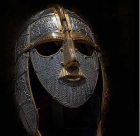
Case Study: Classroom archaeology. Sutton Hoo, or the mystery of the empty grave
ArticleClick to view -
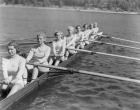
Celebrate your sporting heritage
ArticleClick to view -
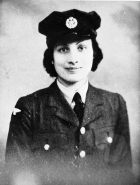
Cross Curricular Project on a famous person
ArticleClick to view -

Developing enjoyable historical investigations
ArticleClick to view -

Enhancing temporal cognition: Practical activities for the primary classroom
ArticleClick to view -

From Champion to Hero: Engaging Pupils in a study of significant Olympians
ArticleClick to view -

From Home to the Front: World War I
ArticleClick to view -

HA Enquiry Toolkit
ArticleClick to view -
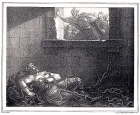
Here come the Vikings! Making a saga out of a crisis
ArticleClick to view -
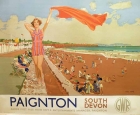
How can old advertisements be used in the primary classroom?
ArticleClick to view -

Implementing the 2014 curriculum in Year 2
ArticleClick to view -

In My View: Creativity & History
ArticleClick to view -
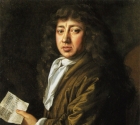
KS1: Teaching about significant individuals
ArticleClick to view -

Learning about the past through a study of houses and homes
ArticleClick to view -

Learning about the past through ‘ourselves and our families’
ArticleClick to view

